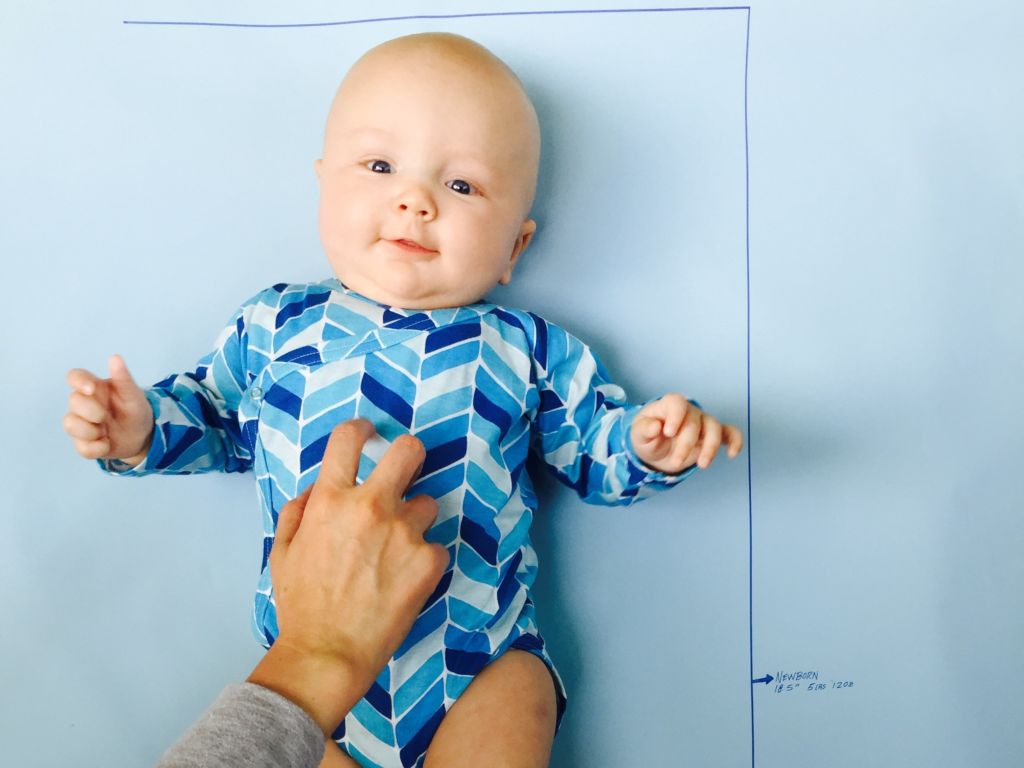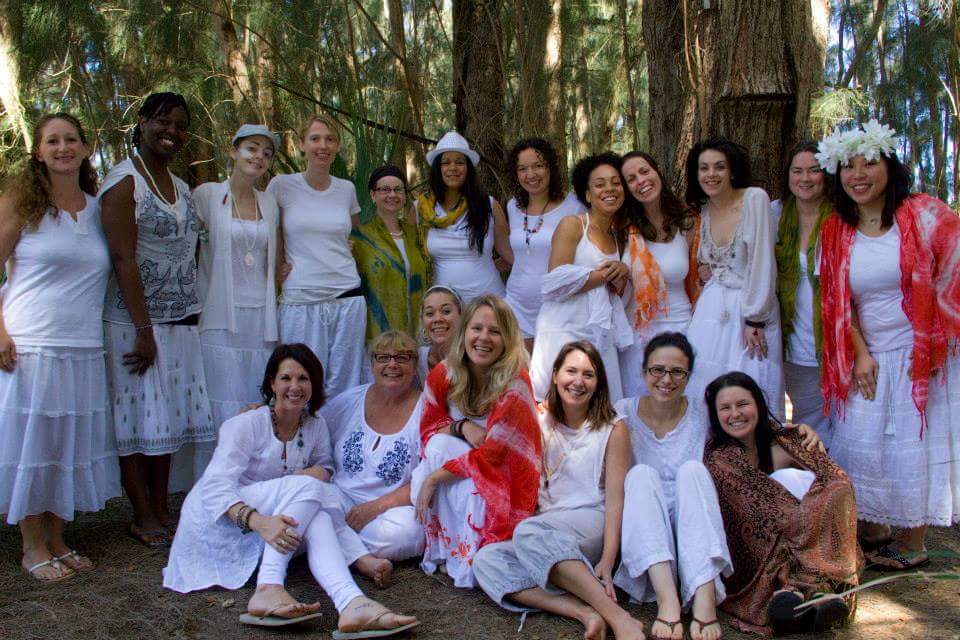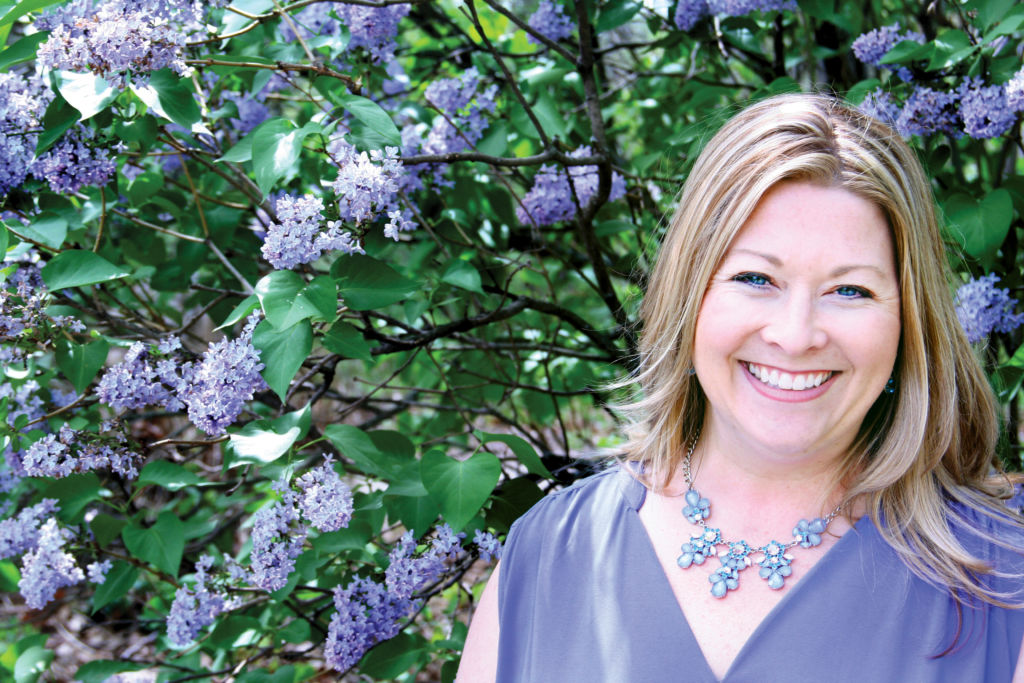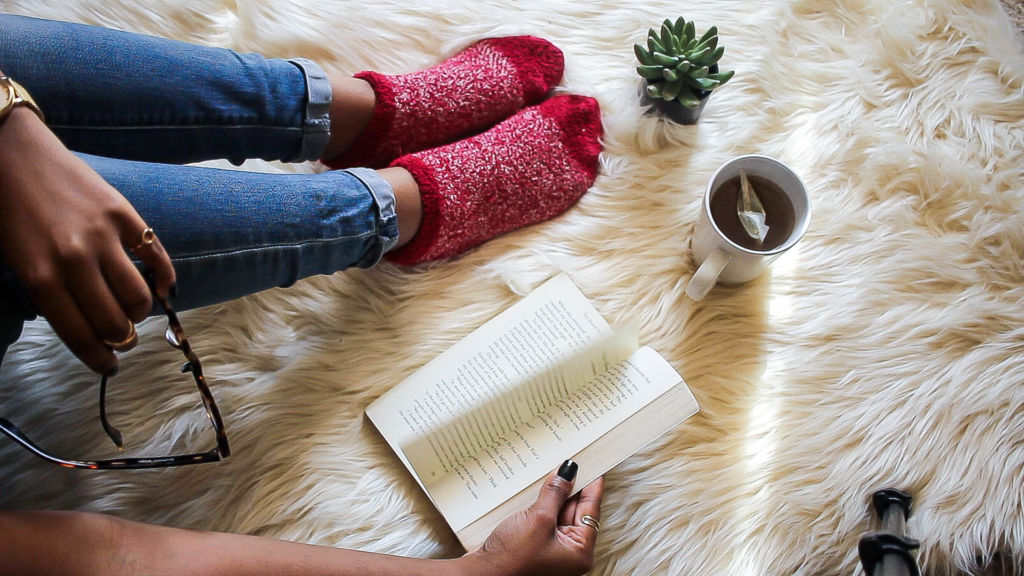Podcast Episode #19: Lisa’s Postpartum Journey

On this episode of Ask the Doulas, Alyssa talks with Lisa about her postpartum doula and how having a doula helped with her recovery. You can listen to the complete podcast on iTunes and SoundCloud. Alyssa: Hi, welcome to another episode of Ask the Doulas with Gold Coast Doulas. I am Alyssa Veneklase. […]
World Doula Week 2018

Today’s blog is written by Kristin Revere, Certified Birth and Postpartum Doula and Certified Sacred Postpartum Mother Roaster. As the end of World Doula Week nears, I feel I must speak my truth. Before having kids my purpose was to support women in politics. I wanted more voices in office and wanted to run for […]
Podcast Episode #17: How to Find a Babysitter You Trust

On this episode of Ask the Doulas, Alyssa and Cindy talk about how to find a babysitter that you trust to watch your kids. You can listen to this entire podcast epidode on iTunes and Soundclound. Alyssa: Hi, welcome to another episode of Ask the Doulas. I am Alyssa, and I’m here with Cindy from […]
What Does Self-Care Look Like For You?

Today Kristin talks about what self-care looks like for her and gives some easy ideas for how to incorporate self-care into your routine. I was camping at a music festival last fall and walked up to two friends, both teachers, who were talking about how they nurture themselves. It is so easy to feel depleted […]
